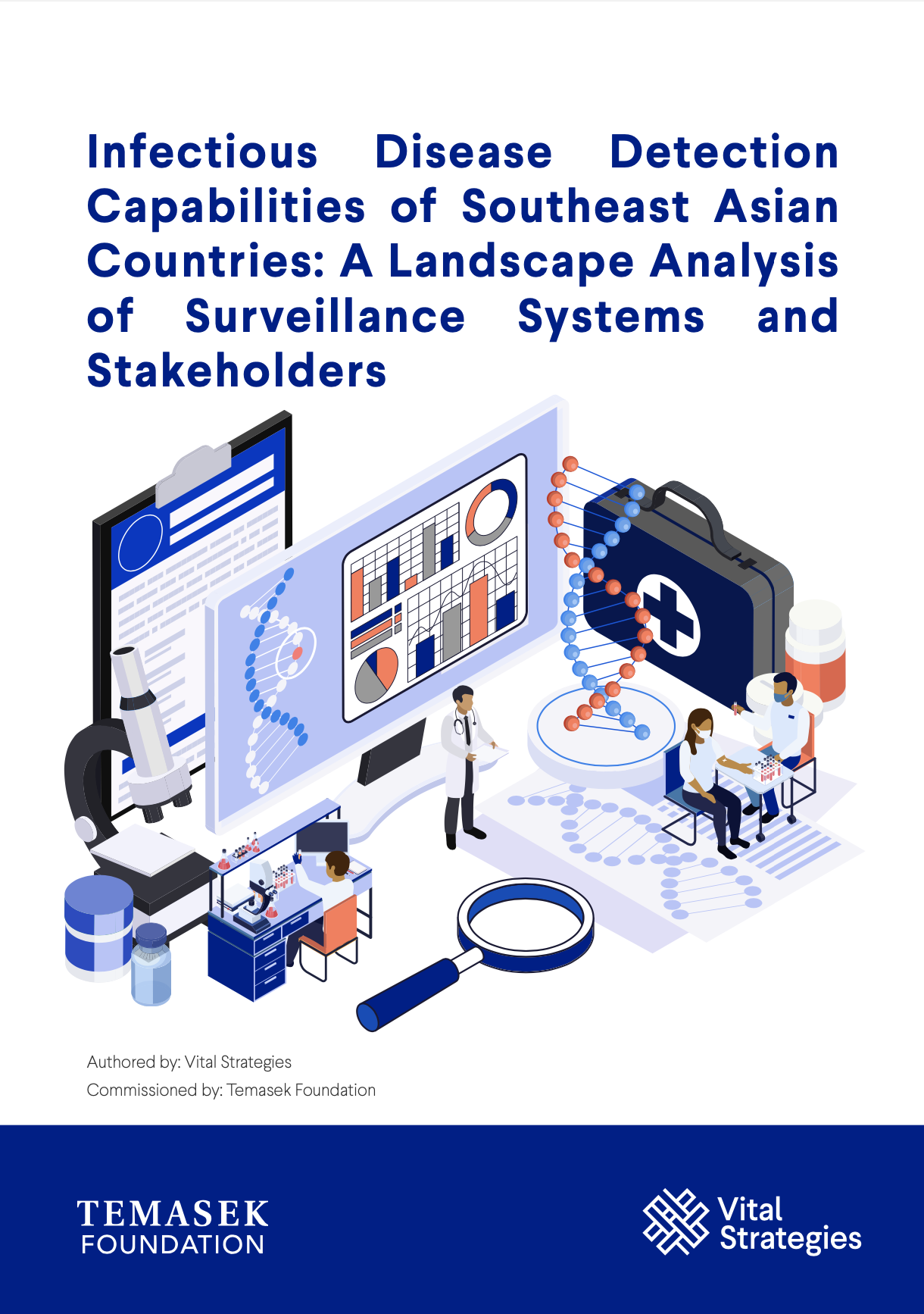Southeast Asia is a hot spot for emerging and reemerging infectious diseases and, in part due to rapid economic growth, increased trade, urbanization, mobile populations, and health impacts of climate change, it is a region that faces high health security risk region.
This report was commissioned by the Temasek Foundation to study the landscape of infectious disease detection capabilities and the stakeholders supporting the development of these capabilities in six Southeast Asian countries: Brunei, Indonesia, Malaysia, Philippines, Thailand, and Vietnam.
The types of detection activities examined in this report include those that support surveillance and early warning systems, laboratory systems, reporting systems, human resources, physical infrastructure, regulatory infrastructure, and supply chains.
Recent Abstracts
RESET Alcohol – Public opinion, attitudes and support for government action on alcohol…
RESET Alcohol – Public opinion, attitudes and support for government action on alcohol…
Childhood Lead Exposure Prevention: Assessment of Blood Lead Surveillance Capacity in Colombia
Childhood Lead Exposure Prevention: Inventory of Blood Lead Surveillance Capacity Indonesia
The Perception of Air Quality and Community Resilience Towards Air Pollution Issues in…
Effect of women empowerment on treatment-seeking practice for sexually transmitted infections among women…
Stage at diagnosis and survival among adult patients with cancer in Rwanda: A…
Impact of nutrient warning labels on Colombian consumers’ selection and identification of food…
A Systems Map of the Challenges of Climate Communication
Increased Taxes and Regulation of Indian Cigarillos (Bidi) Industry: Effects on Revenue and…
